
India, a nation brimming with an entrepreneurial spirit and thriving startup ecosystem, has become a global hub for innovation and disruptive ideas. Recognizing the pivotal role that startups play in driving economic growth, job creation, and technological advancements, the Indian government has taken proactive steps to foster an environment that nurtures and supports these dynamic ventures.
Through a series of ambitious initiatives and schemes, the government aims to empower aspiring entrepreneurs, providing them with the resources, funding, and mentorship they need to navigate the challenges of starting and scaling a successful business. Let's delve into some of the most notable government schemes for startups in India, unlocking a world of opportunities for those with visionary ideas and an unwavering entrepreneurial spirit.
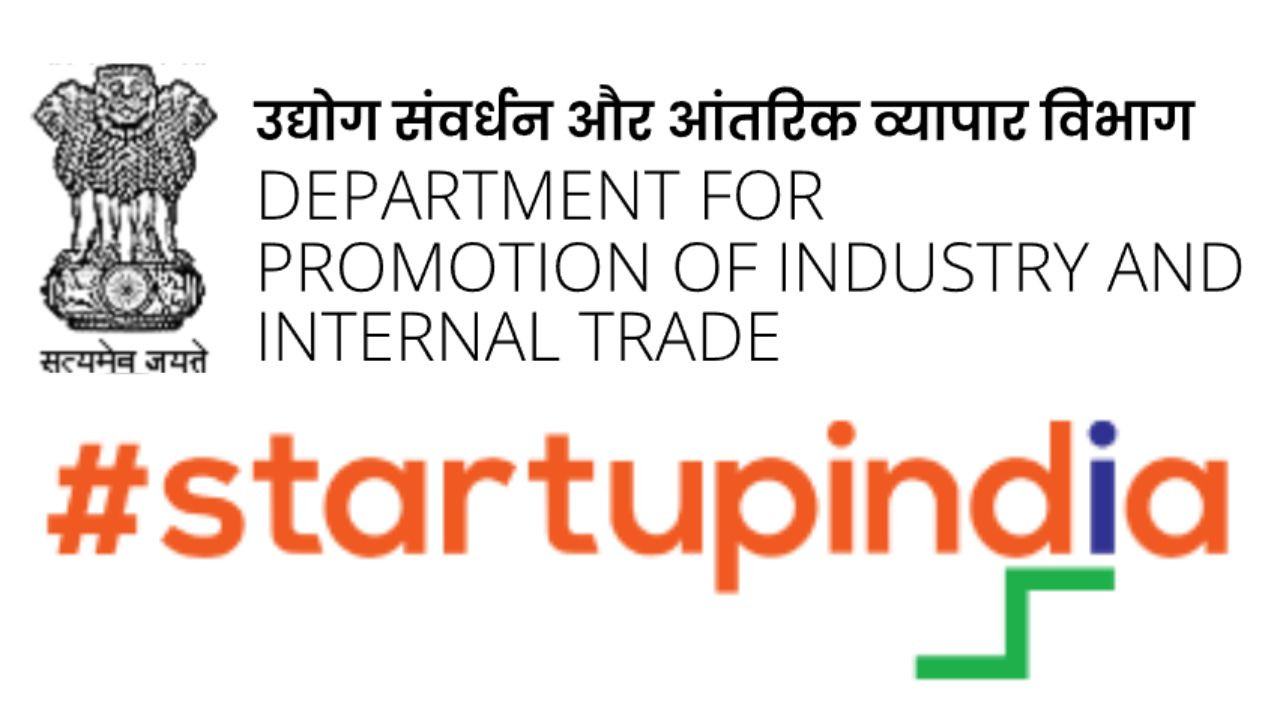
Launched in 2016, the Startup India initiative is the flagship program of the Indian government, designed to build a robust and inclusive startup ecosystem in the country. This comprehensive encompasses a wide range of benefits and support mechanisms, including:
-Startup India Hub: A one stop platform that provides guidance, mentorship, and networking opportunities for startups.
- Tax Benefits: Startups can enjoy a three-year exemption on income tax, as well as tax exemptions on investments raised through venture capital firms.
- Startup India Action Plan: A comprehensive action plan that outlines various measures to foster entrepreneurship, such as self-certification, startup exchanges, and an entrepreneur-friendly insolvency framework.
Fund of Funds for Startups (FFS)
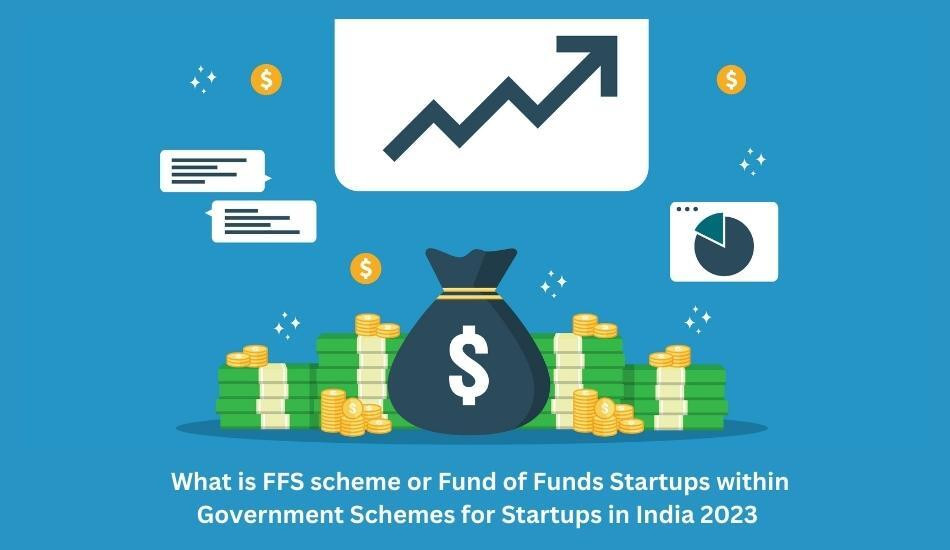
Recognizing the critical role that funding plays in the success of startups, the Indian government established the Fund of Funds for Startups (FFS) scheme. This ambitious initiative aims to provide financial support to startups through a corpus of Rs. 10,000 crore (approximately $1.3 billion).
The FFS scheme operates by investing in alternative investment funds(AIFs) registered with SEBI, which in turn invest in startups. By leveraging this fund, startups can access the much-needed capital required to bring their innovative ideas to life and scale their operations.

Fostering a culture of innovation and entrepreneurship from a young age is crucial for the development of a thriving startup ecosystem. AIM is a government initiative that aims to nurture the innovative mindset of students and encourage them to explore their entrepreneurial aspirations.
AIM encompasses various programs, such as:
Atal Tinkering Labs: Dedicated workspaces in schools that provide students with tools and resources to develop innovative projects and cultivate a maker culture.
Atal Incubation Centers: Incubation centers established in universities and institutions that provide mentorship, funding, and infrastructure support to student-led startups.
Atal New India Challenges: Nationwide challenges that encourage students to develop innovative solutions for pressing societal issues.
Startup India Seed Fund Scheme
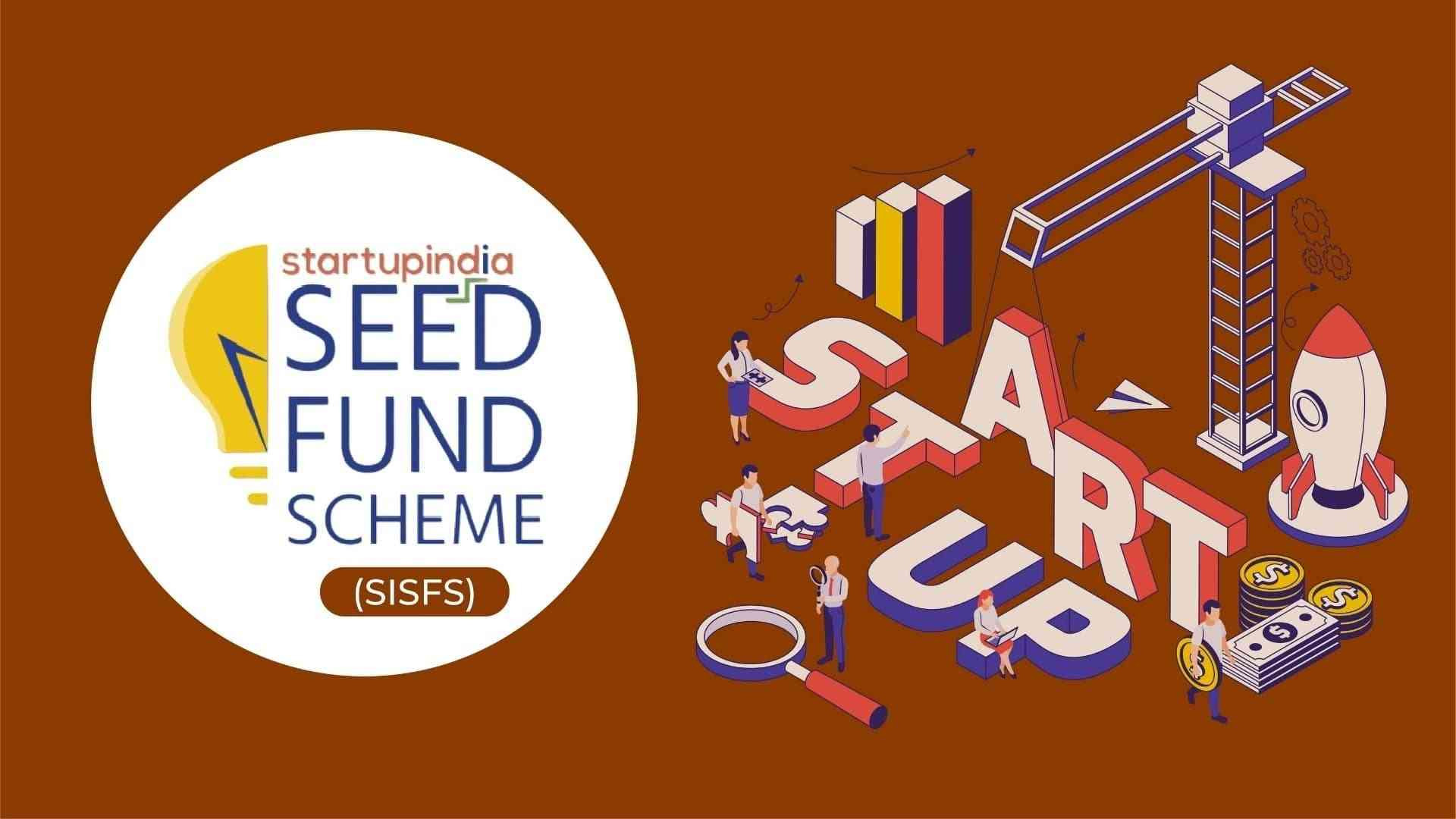
Recognizing the challenges that early-stage startups face in securing funding, the Indian government introduced the Startup India Seed Fund Scheme. This initiative aims to provide financial assistance to startups in their initial stages, allowing them to validate their ideas, develop prototypes, and explore market potential.
The Startup India Seed Fund Scheme operates through a network of incubators and provides grants of up to Rs 20 lakh (approximately $25,000) to eligible startups. This funding can serve as a critical stepping stone for aspiring entrepreneurs, helping them navigate the initial hurdles and propel their ventures towards growth and success.
State Startup Policies and Initiatives
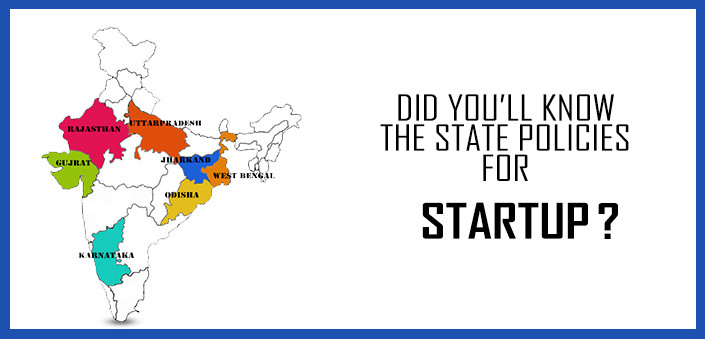
In addition to the national-level schemes, several state governments in India have implemented their own startup policies and initiatives to foster entrepreneurship within their respective regions. These state-level initiatives often complement the central government’s efforts and provide localized support tailored to the specific needs and strengths of each state.
For instance, the Karnataka Startup Policy aims to establish the state as a global startup hub by offering incentives, infrastructure support, and a dedicated venture fund. Similarly, the Rajasthan Startup Fest celebrates and promotes the state’s entrepreneurial ecosystem, providing a platform for startups to showcase their innovations and connect with potential investors and mentors.
Sector- Specific schemes and Programs
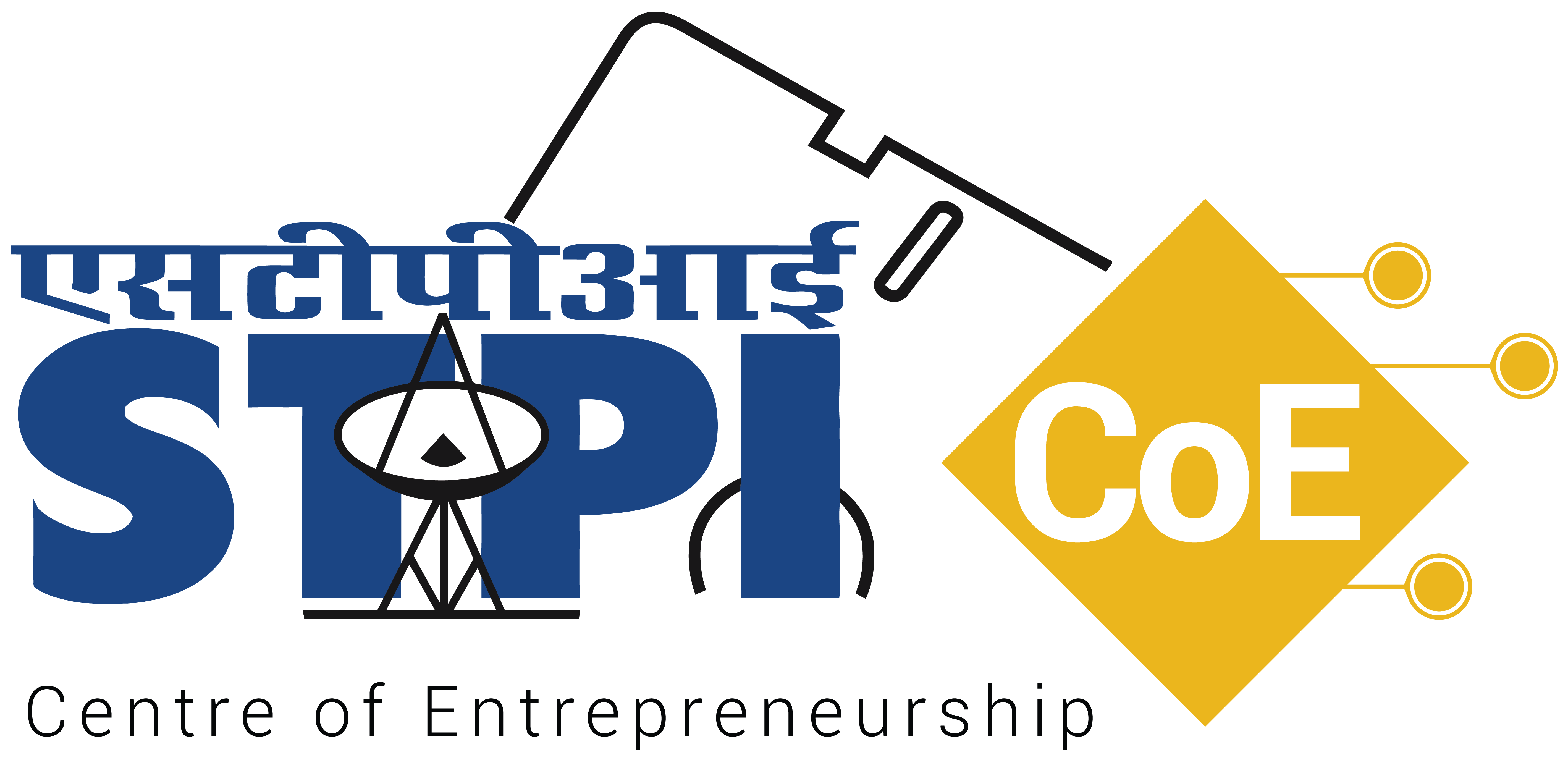
The Indian Government has also introduced various sector- specific schemes and programs to promote entrepreneurship and innovation in key industries. These initiatives aim to address the unique challenges and opportunities faced by startups operating in specific domains, such as:
Biotechnology Ignition Grant (BIG) Scheme: Provides financial assistance to startups and entrepreneurs in the biotechnology sector, fostering research and development in this field.
Software Technology Parks of India (STPI): Offers a range of benefits and incentives to startups in the software and information technology sector, including single-window clearance and infrastructure support.
Startup India Agri-India Program: Designed to support agri-tech startups and promote innovations in agriculture, food processing, and allied sectors.
These sector-specific initiatives not only provide targeted support but also contribute to the overall growth and development of key industries, ensuring that India remains at the forefront of technological advancements and innovation.

While many government schemes focus on high-growth startups and innovative ventures, the Pradhan Mantri Mudra Yojana (PMMY) is an initiative aimed at supporting and financing micro-enterprises and small businesses across India. This scheme recognizes the significant contribution of these smaller ventures to the nation's economic development and job creation.
The PMMY provides loans of up to Rs 10 lakh to non-corporate, non-farm small/micro enterprises. These loans are categorized into three segments: Shishu (loans up to Rs 50,000), Kishor (loans ranging from Rs 50,000 to Rs 5 lakh), and Tarun (loans from Rs 5 lakh to Rs 10 lakh). The scheme aims to facilitate easy access to credit for entrepreneurs, including those from traditionally underserved segments, such as women, minorities, and those from economically weaker sections.
MeitY (Ministry of Electronics and Information Technology)
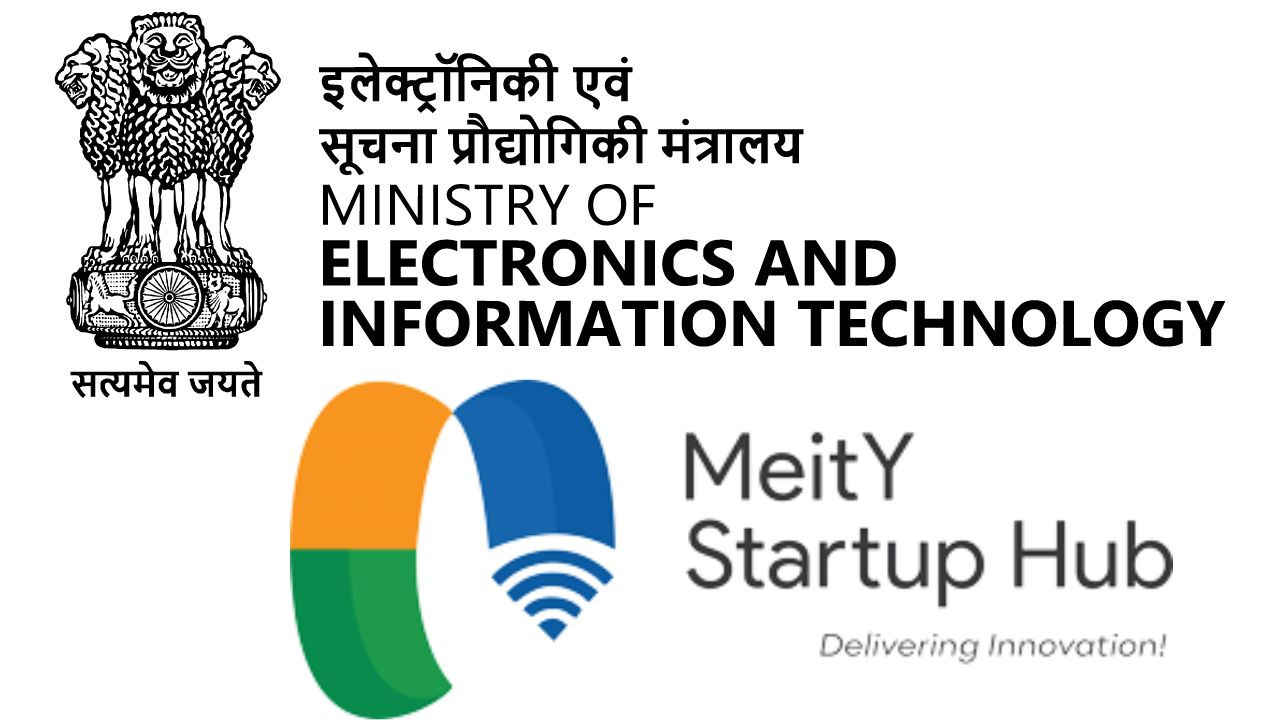
It plays a pivotal role in supporting and promoting startups in the technology and digital sectors. Through various initiatives and schemes, MeitY aims to foster innovation, encourage entrepreneurship, and create a conducive environment for the growth of tech-based startups in India. One of the key initiatives by MeitY is the Technology Incubation and Development of Entrepreneurs (TIDE) scheme. This program provides financial assistance to technology business incubators, enabling them to support early-stage startups in their ideation, product development, and commercialization phases. TIDE offers seed funding, infrastructure support, and access to mentoring and networking opportunities.
Additionally, MeitY has established the Electropreneur Park, a dedicated hub for electronics and IT startups. This park provides startups with state-of-the-art infrastructure, common facilities, and access to a collaborative ecosystem, enabling them to focus on their core business activities and accelerate their growth.
Navigating the world of government schemes for startups in India can be a daunting task, with a plethora of initiatives and programs to explore. However, by leveraging these resources, aspiring entrepreneurs can unlock a wealth of opportunities, from accessing funding and mentorship to fostering collaborations and tapping into sector-specific support.
It's important to note that each scheme has its own eligibility criteria and application processes, so it's crucial to thoroughly research and understand the specific requirements before applying. Additionally, many states and local authorities offer their own startup initiatives, so it's worthwhile to explore the options available in your region.
By embracing the support offered by the Indian government, entrepreneurs can embark on their entrepreneurial journeys with greater confidence and resources, ultimately contributing to the nation's burgeoning startup ecosystem and driving economic growth and innovation.
So, whether you're a seasoned entrepreneur or just starting out, explore the myriad of government schemes for startups in India, and unlock the potential to turn your visionary ideas into reality, shaping a future where innovation thrives and entrepreneurship flourishes.